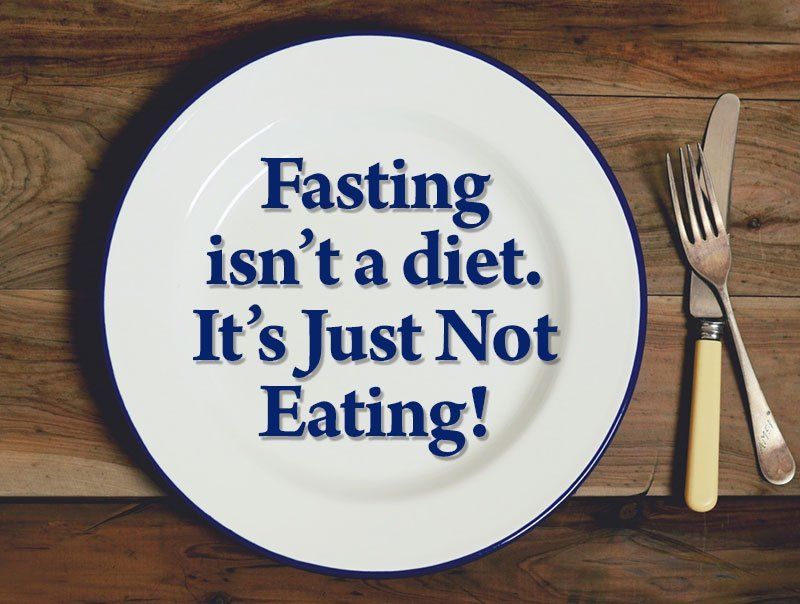
In an ever so competitive world outside, people often find it challenging to set out a specific time for a workout regime. This lifestyle has brought about one of the most frequently asked questions in recent times, which is – how do I lose weight without having to hit the gym?
Well, the answer is simple! Change the structure of your eating, without having to alter what you eat. Sounding unfamiliar? Read on!
Get the latest Diet Tips at Sportskeeda.
A very popular method of weight loss, for quite some period of time, has been the method of Intermittent Fasting. Intermittent fasting is a pattern of eating whereby the intake of food lies in between a specific number of hours. This method requires you to skip breakfast and restrict the consumption of food to two meals a day, i.e., lunch and dinner.
Now you may ask – isn’t breakfast the most important meal of the day?
Well, that is a myth!
What is intermittent fasting?
Intermittent fasting involves the process of putting your body in a state of fast. When the body is in a state of fast, insulin levels are low, thus easing the process of burning unhealthy levels of fat in the body.
To understand Intermittent fasting, we must first understand the two fasting states of the human body. They are the fed state and the fasted state.
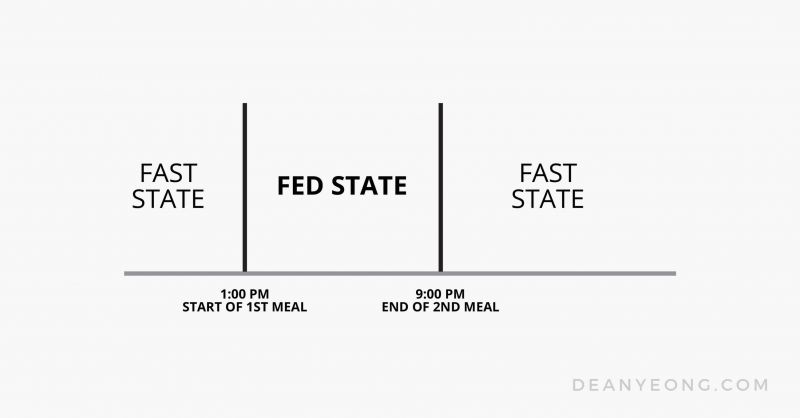
What is the fed state?
The fed state is a state that your body enters when it is processing and digesting foodstuff. The fed state essentially begins when you start eating food and is completed when your body absorbs the nutrients from the food after the process of digestion. It is during this state that insulin levels in the body are high.
To understand more about insulin and how it works, here is a definition:
Insulin is a hormone made by the pancreas that allows your body to use sugar (glucose) from carbohydrates in the food that you eat for energy or to store glucose for future use. Insulin helps keeps your blood sugar level from getting too high (hyperglycemia) or too low (hypoglycemia)
Insulin levels in the body are chronically high when the carbohydrate intake is large. High insulin levels can over time make us fat, and lead to Type – 2 Diabetes. It is when the insulin levels in the body are high that the body finds it difficult to burn fat. One of the most vital roles of insulin produced by the pancreas every time you eat is fat storage. A high carb intake in itself isn’t the cause for unnecessary added weight. It is true that the fat cells in your body absorb fatty acids and glucose, but, that is not what makes you fat. What makes you fat is overeating.
What is the fasted state?
The fasted state refers to the state that the body enters after the process of digestion, and typically lasts 8 to 12 hours. It is easier to burn fat when your body is in the fasted state because insulin levels are low. When your insulin levels are low, your body depends on the fat reserves to derive a source of energy. This is how the body burns fat.
How does intermittent fasting work?
Intermittent fasting puts your body on a fat burning cycle and this state cannot be achieved with a standardized diet plan. There are several different intermittent fasting methods. Three famous ones are:
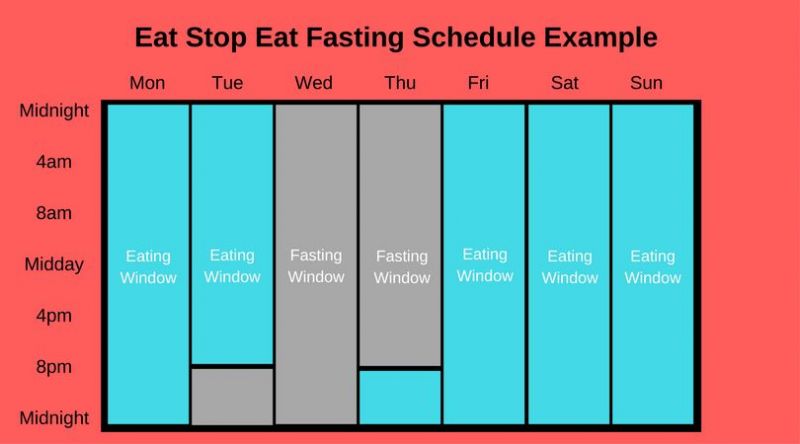
1) Eat-Stop-Eat: This method consists of doing one or two 24-hour fasts every week. For example, by not eating from lunch one day, until lunch the next day. Non-caloric beverages such a water or bullet-proof coffee are allowed during this method, but solid food is a big no-no.
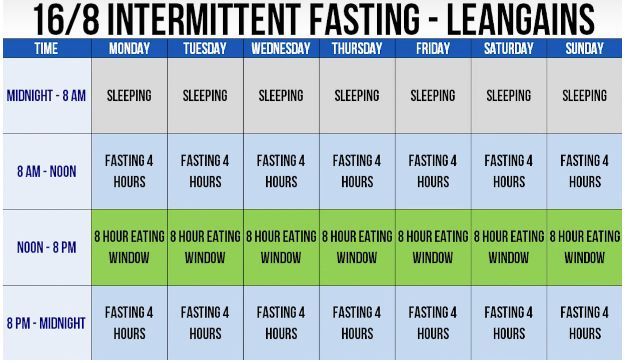
2) The 16/8 Method: This method involves skipping breakfast each day and consuming food within an 8-hour period, for example from 12 in the afternoon, to 8 in the night. Through this method, the body enters a state of fast for a period of 16 hours. This keeps insulin levels on the down low and the body finds it easier to burn fat.

3) The Warrior Diet: This method encourages a fast during the day and a huge meal during the night. It consists of eating nutrient and water-rich foods such as fruits and vegetables during the day and eating one calorie-rich meal during the night. This method restricts the time frame of food intake and thus helps in burning unnecessary and stubborn fat.
What are the benefits of intermittent fasting?
Numerous studies have proven to show that intermittent fasting aids both mental as well as the physical state of being.
Here are 3 benefits of intermittent fasting:

1) Boosts Immunity: Intermittent fasting has been proven successful in reducing the risk of falling sick. Some researches show that it may even help in reducing the risk of cancer. Intermittent fasting reduces glucose and IGF – 1 level in the bloodstream. IGF – 1 is a hormone that initiates bone and tissue growth. Intermittent fasting boosts immunity by improving WBC (White Blood Cells) and helps keep the gut free from infections and inflammations.
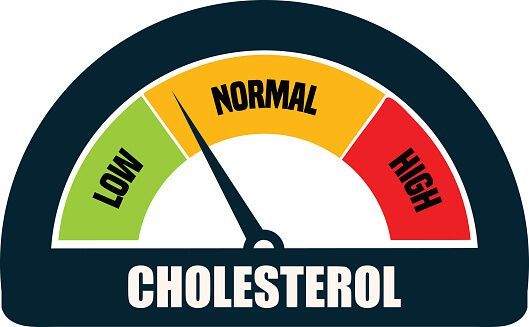
2) Lowers Body-Fat and Blood Cholesterol Levels: Intermittent fasting helps lower body-fat levels by pushing the body into a state of fast, reducing insulin levels and in turn, burning fat. Studies have shown that Cholesterol levels in the body drop by as much as 20%, just through the implementation of intermittent fasting. The LDL, also known as “bad cholesterol”, reduces by 25% after just an 8-week fast of the alternative day eating method.

[“source=timesofindia”]









